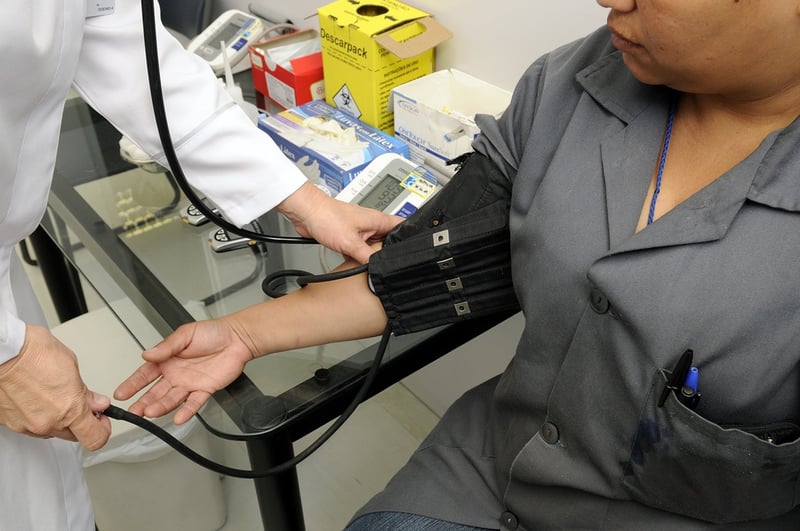Habitability Assessment
Preparing for Exploration and Habitability Assessment
Exploring new frontiers and assessing habitability are critical steps in understanding our universe and the potential for life beyond Earth. Whether you are a seasoned explorer or an aspiring astronaut, proper preparation is key to a successful mission. Here are some essential tips to consider before embarking on exploratory journeys and habitability assessments.
1. Research and Planning
Before setting out on any exploration mission, thorough research and meticulous planning are essential. Study the environment you will be exploring, understand the potential hazards, and prepare contingency plans for unforeseen circumstances.
2. Equipment and Gear
Ensure you have the necessary equipment and gear for the expedition. From space suits to scientific instruments, having the right tools can make a significant difference in the success of your mission.
3. Training and Simulation
Undergo rigorous training and simulation exercises to familiarize yourself with the challenges you may face during exploration. Practice emergency procedures and decision-making skills to be prepared for any scenario.
4. Habitability Assessment
Conduct a thorough habitability assessment of the target environment. Evaluate factors such as temperature, atmosphere, water availability, and presence of organic compounds to determine the potential for life to exist.
5. Data Collection and Analysis
Collect data using scientific instruments and sensors to gather information about the environment. Analyze the data carefully to draw meaningful conclusions about the habitability of the area.
6. Collaboration and Communication
Collaborate with fellow explorers, scientists, and mission control to share information and insights. Effective communication is crucial for coordinating activities and ensuring the success of the mission.
7. Safety and Well-being
Prioritize safety and well-being during exploration missions. Follow safety protocols, stay connected with the mission control center, and look out for your team members to ensure everyone returns safely.
8. Continual Learning and Adaptation
Exploration is a dynamic process that requires continual learning and adaptation. Stay curious, be open to new discoveries, and be prepared to adjust your strategies based on the evolving situation.

By following these guidelines and embracing the spirit of exploration, you can contribute to our understanding of habitability beyond Earth and pave the way for future discoveries in the realm of space exploration.
Remember, the universe is vast and full of mysteries waiting to be unraveled. Are you ready to embark on the next great adventure?
